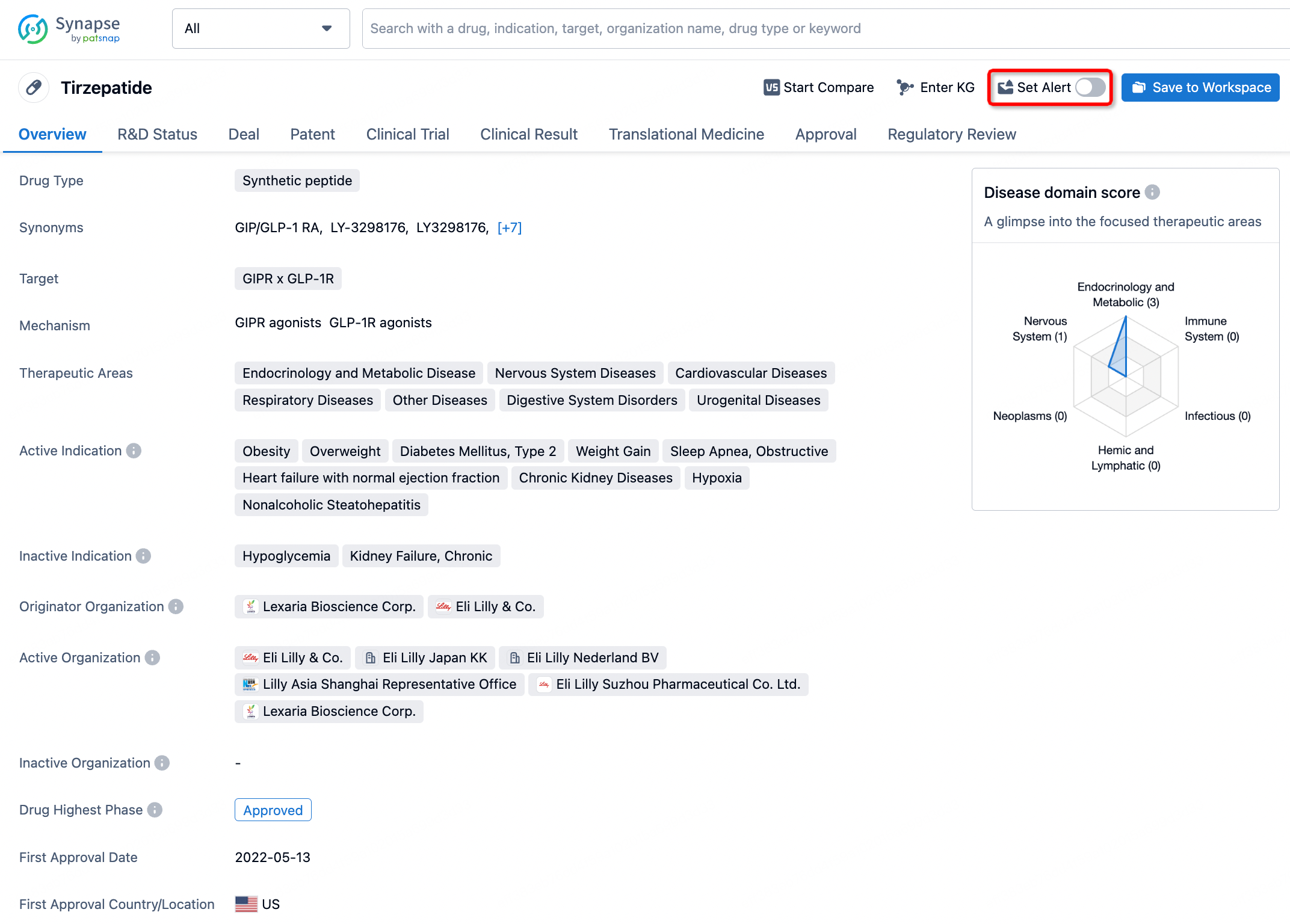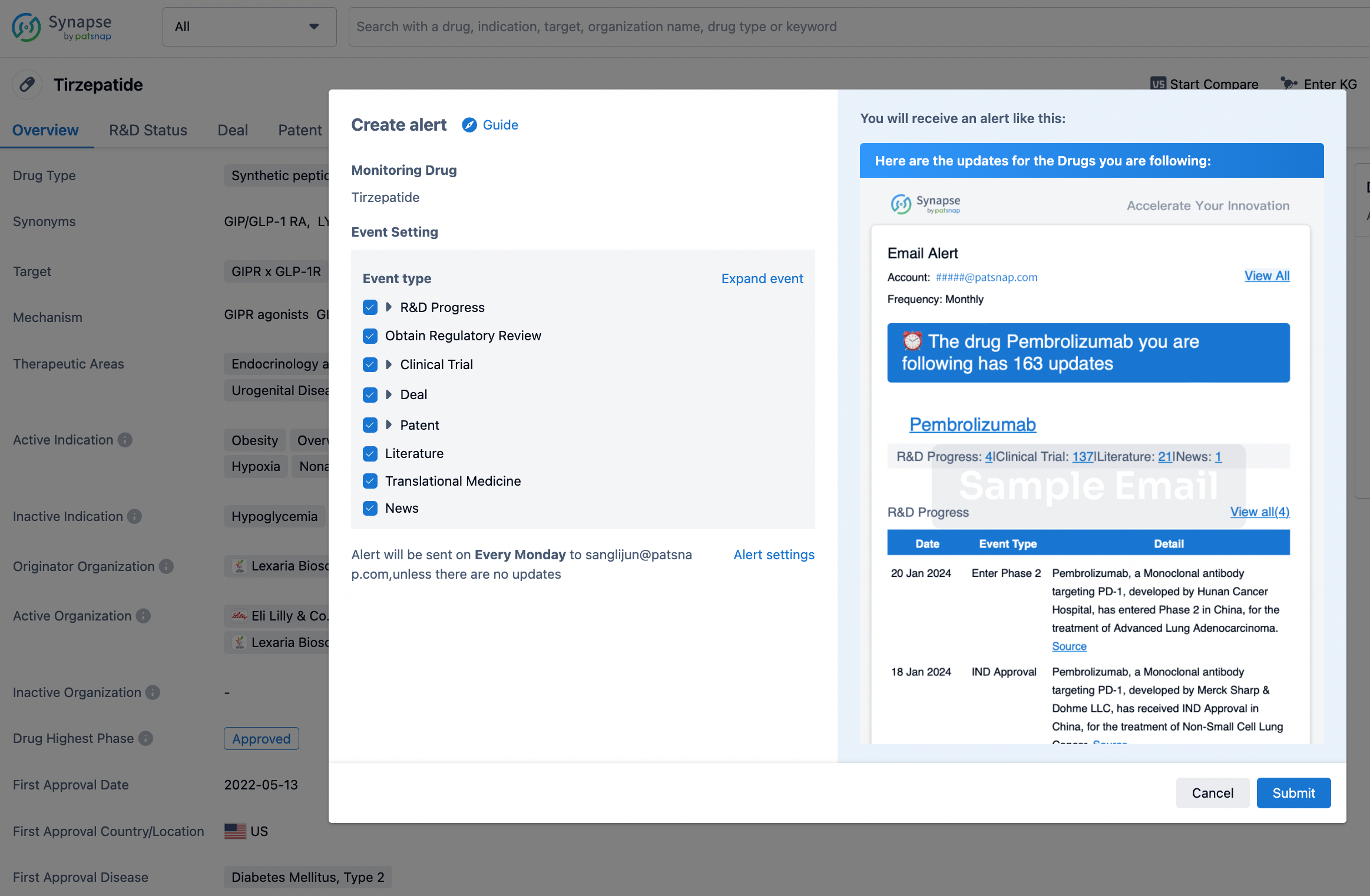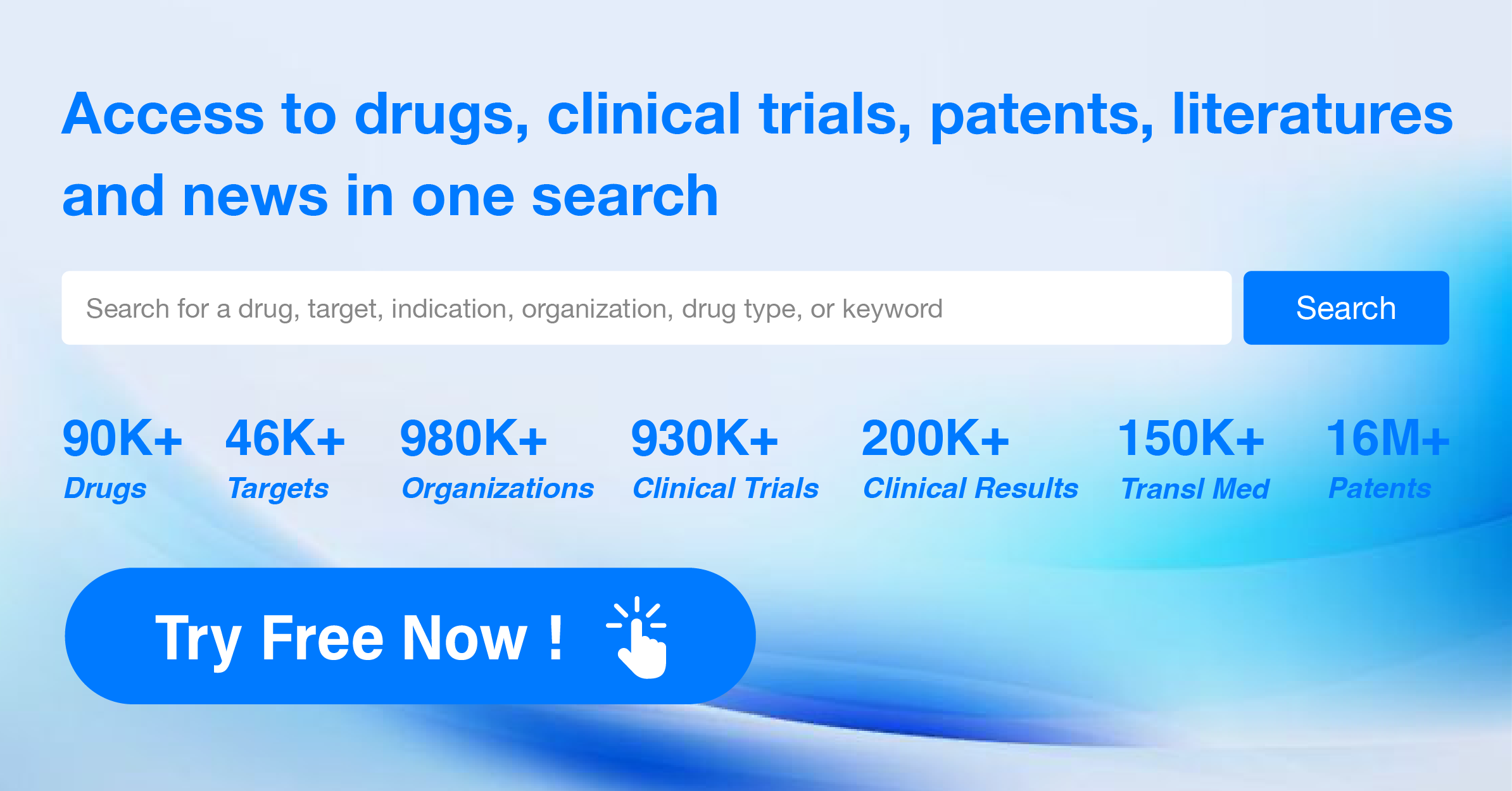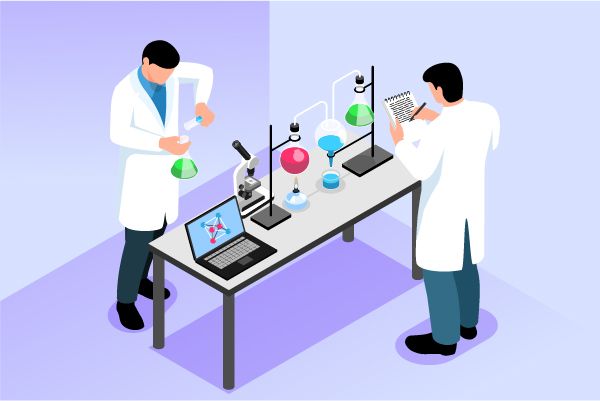Is Olutasidenib approved by the FDA?
Olutasidenib, marketed under the brand name Rezlidhia, is an oral medication used to treat acute myeloid leukemia (AML) in adults with a specific gene mutation called isocitrate dehydrogenase-1 (IDH1). Olutasidenib received FDA approval on December 1, 2022. This drug belongs to the class of miscellaneous antineoplastics and is typically prescribed after other treatments have failed or stopped working.
Usage and Administration
Olutasidenib is taken orally in the form of a 150 mg capsule. The usual adult dose is 150 mg taken twice daily on an empty stomach, at least 1 hour before or 2 hours after a meal. The capsules should be swallowed whole and not crushed, chewed, broken, or opened. If a dose is missed and the next dose is due in less than 8 hours, it should be skipped. It is important not to take two doses within an 8-hour period.
Mechanism and Effectiveness
Olutasidenib targets the IDH1 mutation, a genetic alteration found in some AML patients. Before starting treatment, patients must be tested for the presence of this mutation. If no unacceptable toxicity or disease progression occurs, treatment should continue for at least six months to allow for a clinical response.
Side Effects
Common side effects of olutasidenib may include:
- Nausea, diarrhea, constipation, mouth sores
- Joint pain
- Rash
- Shortness of breath
- Tiredness, feeling unwell, fever
Serious side effects that require immediate medical attention include:
- Signs of allergic reactions such as hives, difficulty breathing, and swelling of the face, lips, tongue, or throat
- Symptoms of differentiation syndrome like fever, dizziness, cough, trouble breathing, swelling, rapid weight gain, rash, or decreased urination
- Liver problems indicated by symptoms like loss of appetite, upper right-side stomach pain, tiredness, itching, dark urine, clay-colored stools, and jaundice (yellowing of the skin or eyes)
Patients should report any side effects to their healthcare provider or directly to the FDA.
Precautions
Before taking olutasidenib, patients should inform their doctor if they have had any liver problems. Pregnant women should avoid using this medication due to potential harm to the unborn baby. Additionally, breastfeeding is not recommended during treatment and for at least two weeks after the last dose.
Drug Interactions
Olutasidenib can interact with other medications, including prescription and over-the-counter drugs, vitamins, and herbal products. Patients should provide their healthcare provider with a list of all medications they are taking to avoid potential interactions.
Conclusion
Olutasidenib (Rezlidhia) represents a significant advancement in the treatment of AML with IDH1 mutations. Its FDA approval on December 1, 2022, provides new hope for patients with relapsed or refractory AML, offering a targeted therapy option to improve outcomes in this challenging disease.
How to obtain the latest development progress of all drugs?
In the Synapse database, you can stay updated on the latest research and development advances of all drugs. This service is accessible anytime and anywhere, with updates available daily or weekly. Use the "Set Alert" function to stay informed. Click on the image below to embark on a brand new journey of drug discovery!






